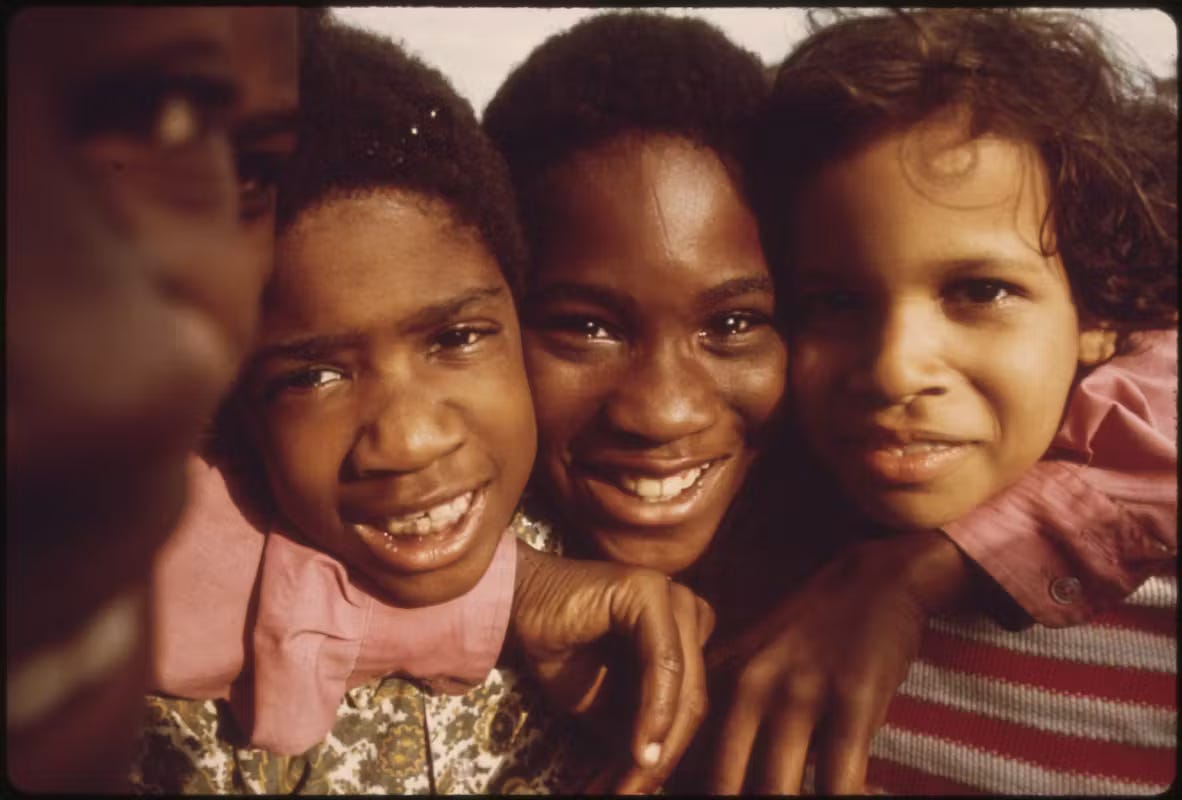
In a period of intensifying division, what does it mean to belong together?
This week at Public Seminar, Abha Deshmukh reflects on leaving the religion she was raised in and finding a new community—and joyful new rituals—in K-Pop.
Elide Vincente reports on the parallels between Italian and US right-wing policies of supporting “traditional” family values, often at the expense of the families themselves.
And Hannah McIntyre interviews Catherine Texier about her latest novel, After David, and what we expect when an older woman dates a younger man.
The Blessings of K-Pop
Abha Deshmukh
As a child, I engaged in religious rituals out of obligation. Over time, the black thread tied around my ankle came off, the excitement of choosing a clay Ganesh and decorating its shrine slowly dulled, the prayers that I had spent hundreds of hours memorizing evaporated from my memory, and the sounds of dhol-tasha (a musical group drumming procession) became unbearable. I grew disillusioned with organized religion, perceiving its macro-level manifestations as breeding grounds for discrimination, extremism, and hierarchical power structures. My favorite Ramayana film only remained a favorite because of its animation style. And in this period of self-discovery, I began listening to K-Pop. What I didn’t expect was that it had something to teach me.
The Powerful Convergence of Past, Present and Future in Catherine Texier’s Latest Novel
Hannah McIntyre and Catherine Texier
Catherine Texier: There were a couple of men who read and liked the book, so I cannot generalize completely. But I have to say that when I was talking about publishers, a lot of the editors were women who also felt very uncomfortable with it. So I think it’s because it’s pushing boundaries. I know it is an experience that’s not at all uncommon, so I was surprised, actually. I would’ve expected even more women saying, “Yeah, I recognize myself.” But I guess it is still a taboo in some way.
Family Values or Family Exclusion?
Elide Vincenti
As in Italy, American mothers juggling full-time employment and childrearing are disproportionately impacted by the lack of federal parental leave in the United States. Trump’s policies in his first term as president imposed a heavy administrative burden on the states and did not ensure uniform implementation or adequate funding for supporting families. Families with lower incomes faced unique difficulties. According to the US Bureau of Labor Statistics in 2022, only 8 percent of workers in the lowest quartile of the workforce (the lowest 25 percent of earnings) had access to family remuneration, compared to 33 percent of workers in the highest quartile of the workforce.
Because we believe that conversation is essential to democracy, Public Seminar will always be free. We are supported by The New School—and by generous donors like you.






